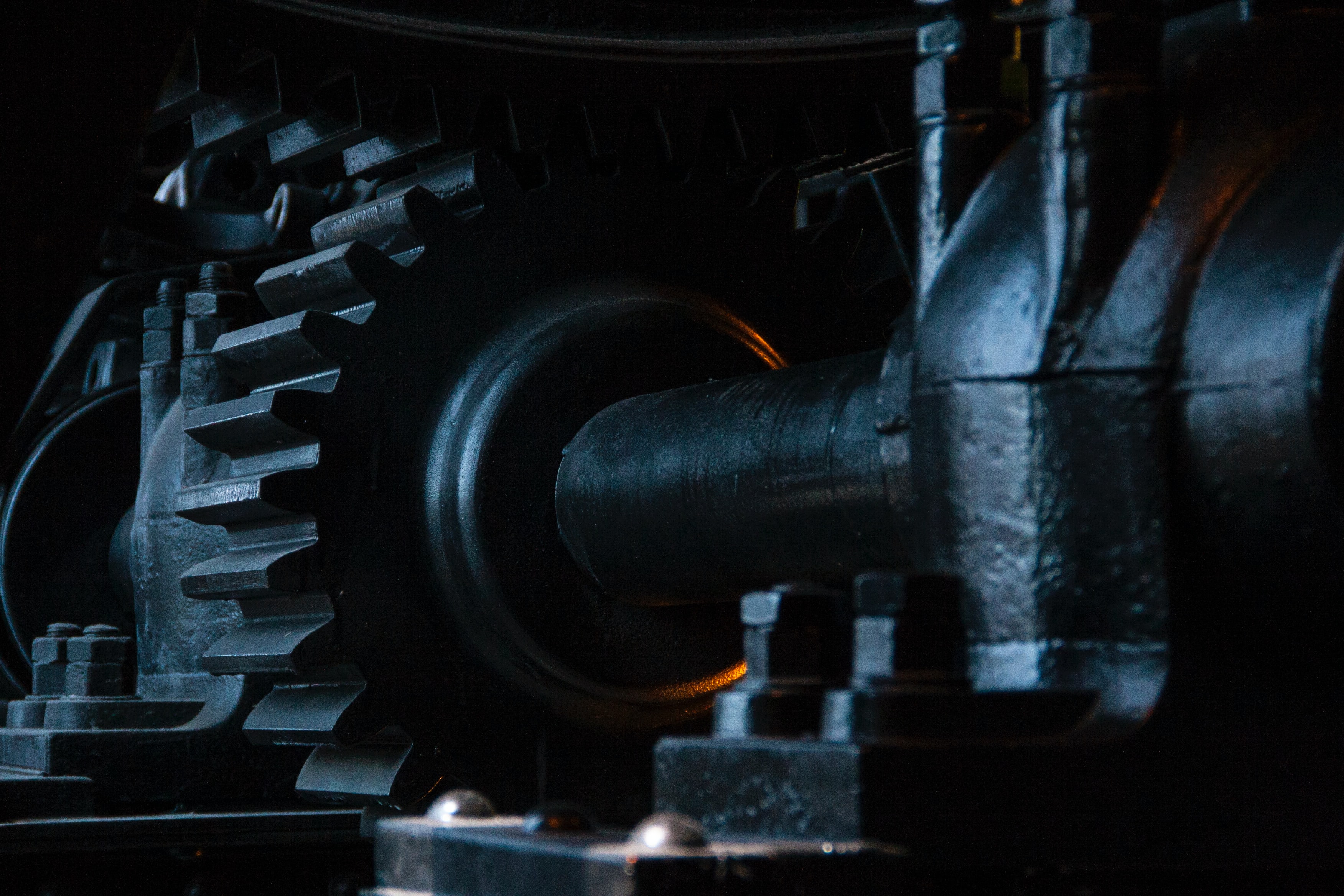ME316 - Kinematics and Dynamics of Machines

Instructor
Prasanna Gandhi
Section
S1
Semester
Spring ‘21
Course Difficulty
Technically, there is hardly anything new in what is taught. But problems could end up being very lengthy and calculation-based.
Time Commitment Required
Not much outside class hours, a few hours of problem-solving before exams would be sufficient.
Grading Policy and Statistics
Unremarkable, but at least better than the other division.
9 AAs, 10 ABs, 18 BBs in a class of 95.
5 FR grades were awarded though.
Attendance Policy
Attendance wasn’t compulsory.
Pre-requisites
Some part of force analysis from CE102 would come in handy here, at least towards the start of the course.
ODEs are also ubiquitous in the course, so a solid understanding of how to solve higher order ODEs is a must.
The initially compulsory project had a MATLAB segment, which would involve extensive MATLAB coding, so that is also a skill that would benefit you.
Evaluation Scheme
10% Weekly Tutorials (Best 9 of 10)
20% Quizzes (4)
30% Midsem
35% Endsem
5% Course Project + Viva (project was later made optional, in lieu of just the viva)
Topics Covered in the Course
Pre-midsem: Particle kinematics and dynamics in multiple coordinate systems, mechanisms, degree of freedom, inversions of mechanisms, QUIZ 1, planar kinematic analysis of mechanisms, graphical techniques for velocity and acceleration analysis, dynamics of systems of particles, QUIZ 2, rigid body dynamics
Post-midsem: Programming ODEs on MATLAB, cam analysis, fundamental law of gearing, terminology and problems in gearing, epicyclic and other gear trains, QUIZ 3, Lagrange formulation for general n-DOF systems, single DOF vibrations, damped and free vibrations, forced vibrations, QUIZ 4, two DOF systems, matrix form of the vibration equation and the eigenvalue solution, modal frequencies and mode shapes
Teaching Style
Live lectures were conducted on MS Teams, however the professor would also regularly post recorded videos. Slides are usually sufficient.
Tutorials/Assignments/Projects
Tutorials were conducted almost every fourth lecture. These were tutorials in name only, since they were on SAFE and had way too many questions - making it virtually impossible to complete even a single tutorial. The professor would occasionally give hints regarding the problems though. Questions were a mix of subjective and objective questions (multiple correct answer type).
The individual project had two components of which students could choose any one. The first option was to build a hand-driven flexible link mechanism meeting certain conditions using household-items such as ice-cream sticks, cardboard, pins, CDs etc. The virtual analogue was to code the simulation of a reasonably complex mechanism on MATLAB from scratch. Given that all this only constituted for 5% of the total grade, and a final presentation would happen a week after the endsems, the professor later agreed to make the course project optional.
There was still an individual viva conducted a week after the endsems where the professor asked some basic questions from the course for about 10 minutes.
Feedback on Exams
The quizzes, midsem and endsem followed the same template of the tutorials, on SAFE, extremely lengthy and tedious. Only the endsem was open-notes.
A lot of emphasis was laid on obtaining the correct final answer, so seldom was there more than 50% credit for a correct solution with a small calculation error.
Course Importance
Forms an important course in the CADA side of the department. A large number of advanced courses derive from these concepts. Essential for those pursuing mechatronics/robotics. The course also runs parallelly with the ME370 lab, so many of the concepts will stand in good stead there.
Going Forward
ME604 - Robotics, ME423 - Machine Design, ME603 - Kinematics and Dynamics of Machinery, ME6102 - Mechatronics, ME6112 - Acoustics and Hearing, ME762 - Advanced Engineering Dynamics, ME734 - Vibroacoustics
References Used
Mechanics for Engineers: Statics and Dynamics, Beer and Johnston
Vibrations, Leonard Meirovitch
Theory of Machines and Mechanisms, Joseph Shigley
Engineering Mechanics Dynamics, Meriam and Kraige
ME 316 Review By: Aditya Iyengar